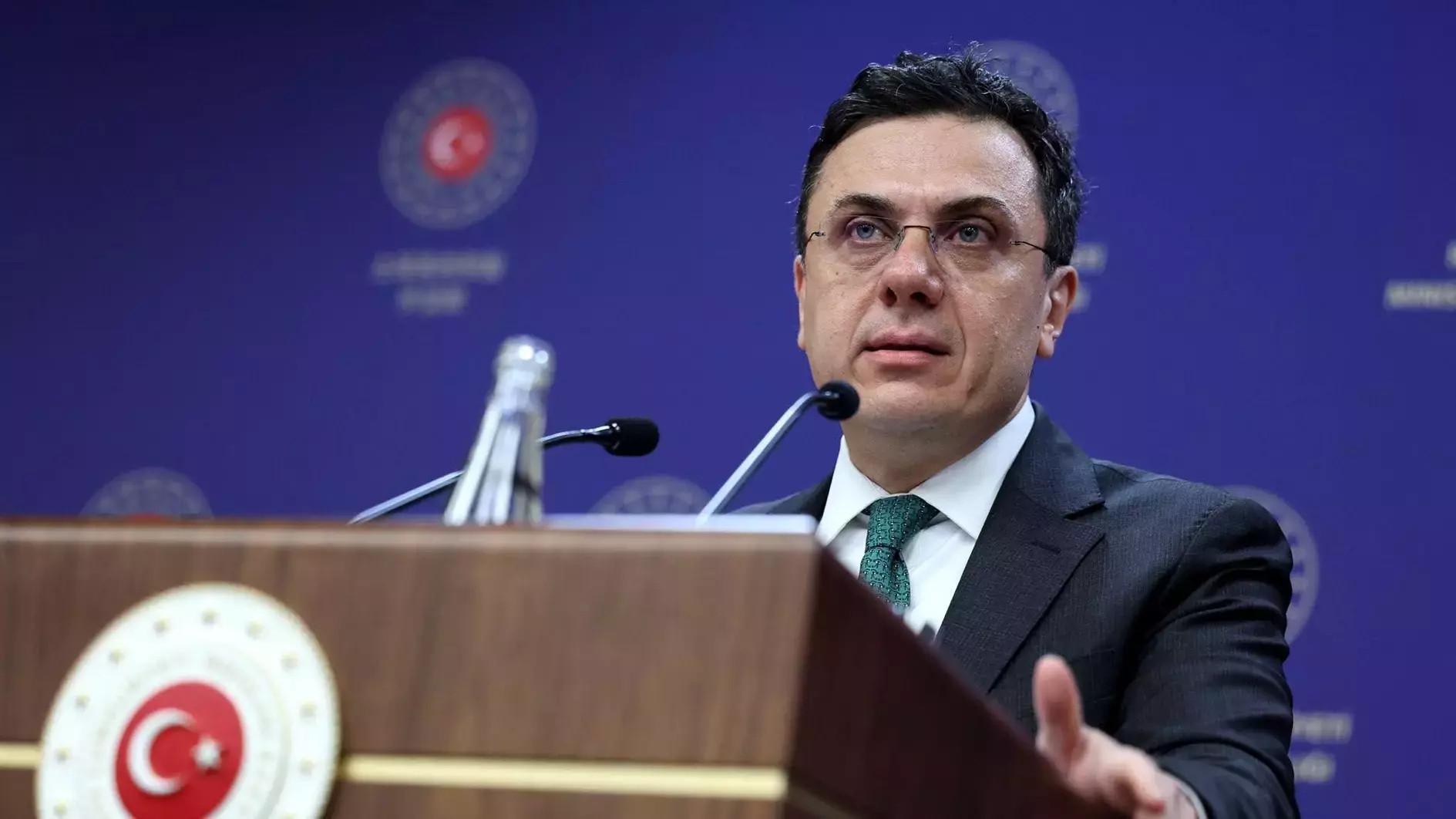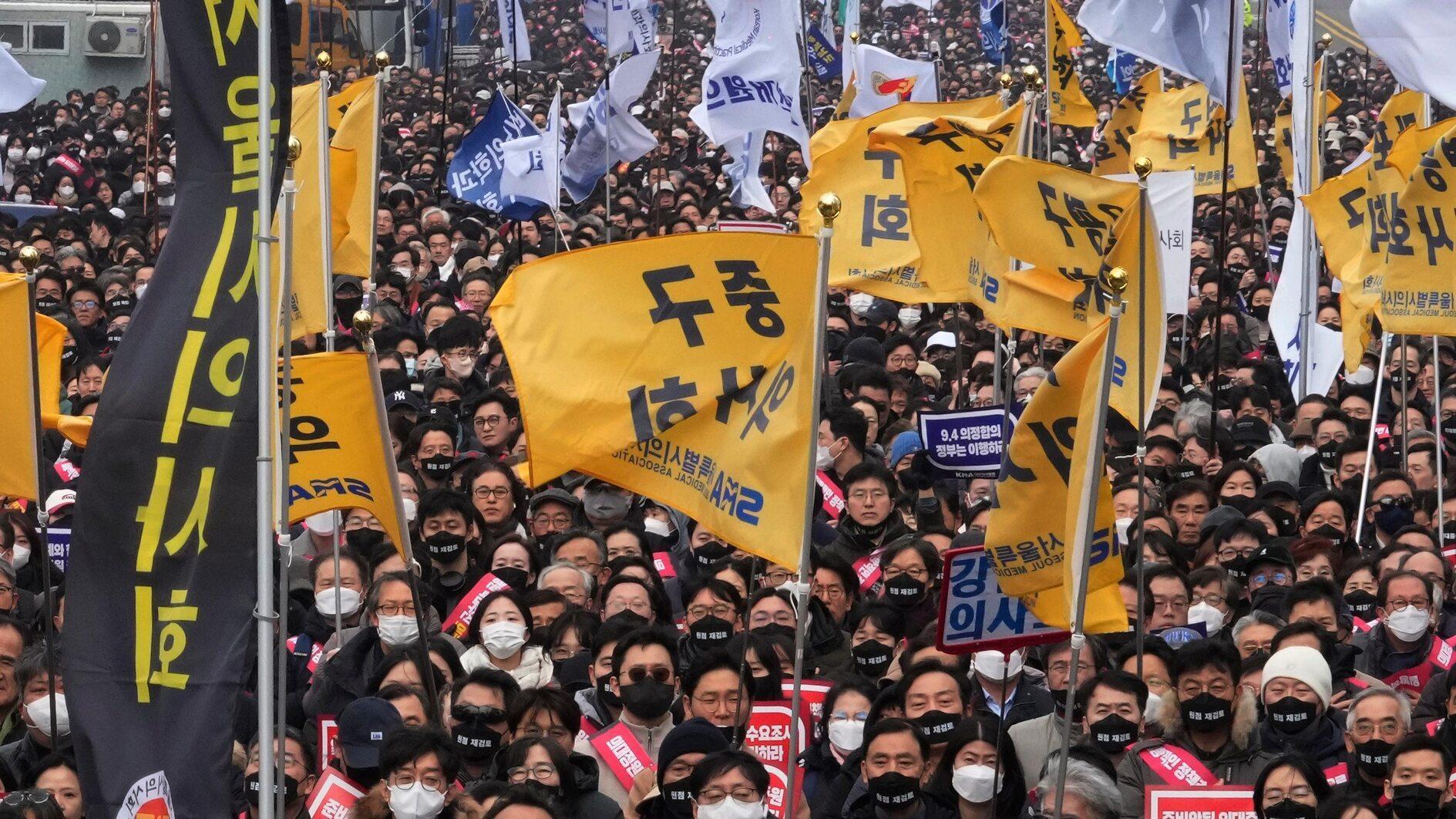Why US-Russia dialogue matters
Sustainability in world peace requires non-confrontational and reasonably harmonious relations between great powers. It is also important to address the problems of the world in a cooperative understanding and to find common platforms for their resolution. The current state of affairs in U.S.-Russia relations is far from such an atmosphere.
During his election campaign, U.S. President Donald Trump gave encouraging signs for a better relationship with Russia. Many believed that dialogue between the two major world powers would open a new era of “detente” and that they would deal with the problems endangering world peace, such as the situation in and around Syria, Libya, Somalia and Afghanistan in a constructive and cooperative manner. That is not happening.
President Trump is under the pressure of domestic investigations on the involvement of Russia in the American presidential election campaign. The long expected meeting between Putin and Trump at the beginning of July in Hamburg on the margins of the G-20 summit did not calm down the process, which is now becoming deeper and wider in the U.S.
Although he has signed, rather unwillingly, a new bill introducing further sanctions against Russia, Trump has blamed the U.S. Congress as the main body responsible for the deterioration in U.S.-Russia relations. Congress, according to Trump, is now limiting the president’s power to negotiate with Russia.
Putin’s response was not submissive. Russia has declared that it will expel American diplomats, seize American property in Russia, and will force the U.S. to cut its staff in diplomatic and consular missions in Russia by 755 persons. This is an unprecedented development in U.S.-Russia bilateral relations, even during the Cold War era.
Washington-Moscow relations matter for global peace. These two countries are the two largest arms exporting countries in the world with a total share of 56 percent (the U.S. has 33 percent of the market and Russia has 23 percent). At a time when international terrorism is becoming a major challenge to world peace and stability, effective arms control becomes an overwhelming priority.
European and Euro-Atlantic security, on the other hand, has become very complex and are full of unknowns. Russia’s increasing self-confidence and its manifestation against Georgia in 2008 and against Ukraine in 2014 have raised the tension between the West and Russia. It has become obvious that Western and Russian perceptions of European security are very different and the gap is steadily widening.
In the past, Russia and the West failed to make use of several mechanisms which could enable the easing down of tension. The NATO-Russia Founding Act, signed in 1997, provided such an opportunity, as did the subsequent formation of the NATO-Russia Council. Today, one can still consider this mechanism to be an appropriate forum to return to with a view to reviewing its basic principles and mutual restraint commitments.
It is important, however, to underline that a favorable environment for a stable security relationship could become fertile if the U.S. and Russia can first overcome the basic differences of opinion at the bilateral level.
Over the weekend, U.S. Secretary of State Rex Tillerson and Russian Foreign Minister Sergei Lavrov had a meeting in the Philippines on the sidelines of the ASEAN summit. Tillerson has been very outspoken and announced in May this year that U.S.-Russia relations are currently not at their best. He also admitted, however, that possible cooperation in Syria is increasing hopes for a mutually beneficial and constructive dialogue. The U.S. has not yet responded to Russia’s decision to downsize American diplomatic and consular staff in Russia.
At the same meeting in the Philippines, Lavrov also expressed signs of hope for a possible dialogue to address the bilateral issues between the two countries, as well as discussing global matters.
The U.S. has now decided to send Kurt Volker, its special envoy for Ukraine negotiations, to Moscow in order to launch the dialogue. This encouraging first step will be significant in order to prevent further escalation between the U.S. and Russia, which is a major determining factor for overall Russia-West relations.











